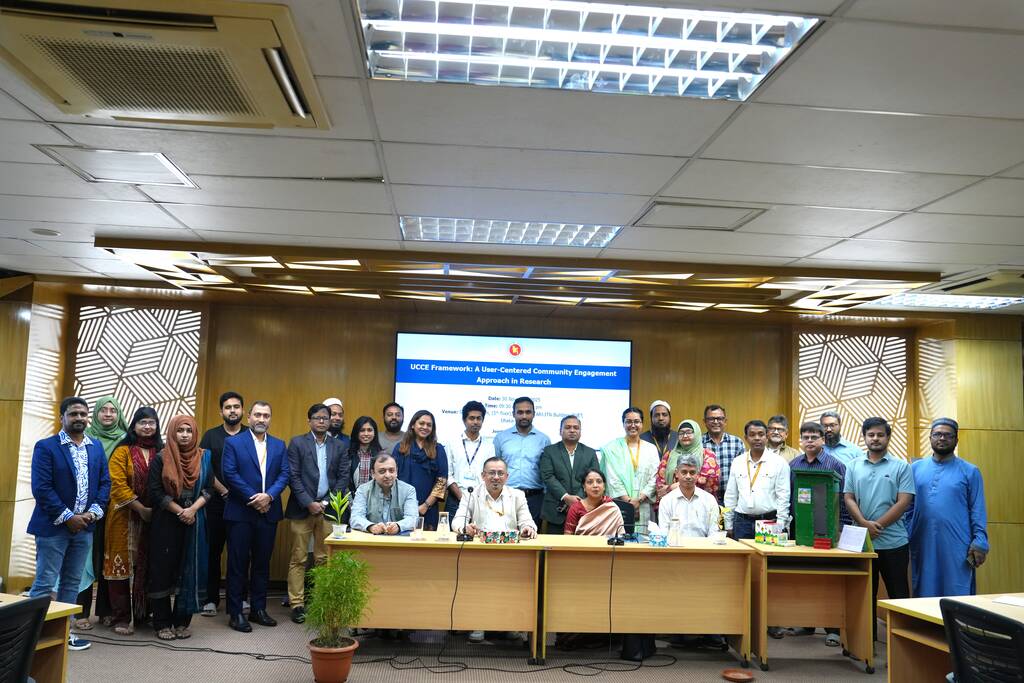
On 23 April 2022, ITN-BUET Research Committee in its 4th meeting, has approved two research projects on innovative on-site wastewater treatment and waste-to-resource conversion. Dr. Tanveer Ferdous Saeed, Professor of University of Asia Pacific is leading the first research titled `Electrode-integrated bioreactor and floating constructed wetland as decentralized wastewater treatment systems’ as the Principal Investigator. This 10-months long laboratory-scale research will investigate the integrated impact of fuel cell-based bioreactor tank with constructed wetland systems for the treatment of domestic wastewater from septic tanks. Fuel cell-based bioreactor tank achieve high pollutants removal rates under low wastewater retention time, through degradation of organic pollutants and production of bio-energy. The treatment system will function to remove environmental pollutants, macro-pollutants, metals and pathogenic parameters and quantify the bio-energy production that will act as a catalyst for the system function. The proposed research is expected to develop guidelines for a simple, novel wastewater treatment systems in institutions and/or domestic wastewater treatment in urban, semiurban areas of Bangladesh.
For managing both the fecal and tannary liming sludges by making an agriculture grade compost through their mixing, ITN-BUET has commenced another research project on conversion of fecal and tannary waste to resource (compost). Dr. Md. Abul Hashem, Associate Professor, Department of Leather Engineering of KUET will lead this research as Pricipal investigator. This research will focus on both laboratory scale investigation and field level application. Compost produced through this research will be applied in the field to investigate the seed germination capacity of the crops. Plant growth and uptaking of metals and nutrient will be assessed. The proposed research is expected to reduce the volume of fecal and tannary wastes and findout a suitable alternative use.
To know more, please visit the following links:
Co-Composting of Fecal Sludge and Tannery Liming Sludge: A Novel Approach





